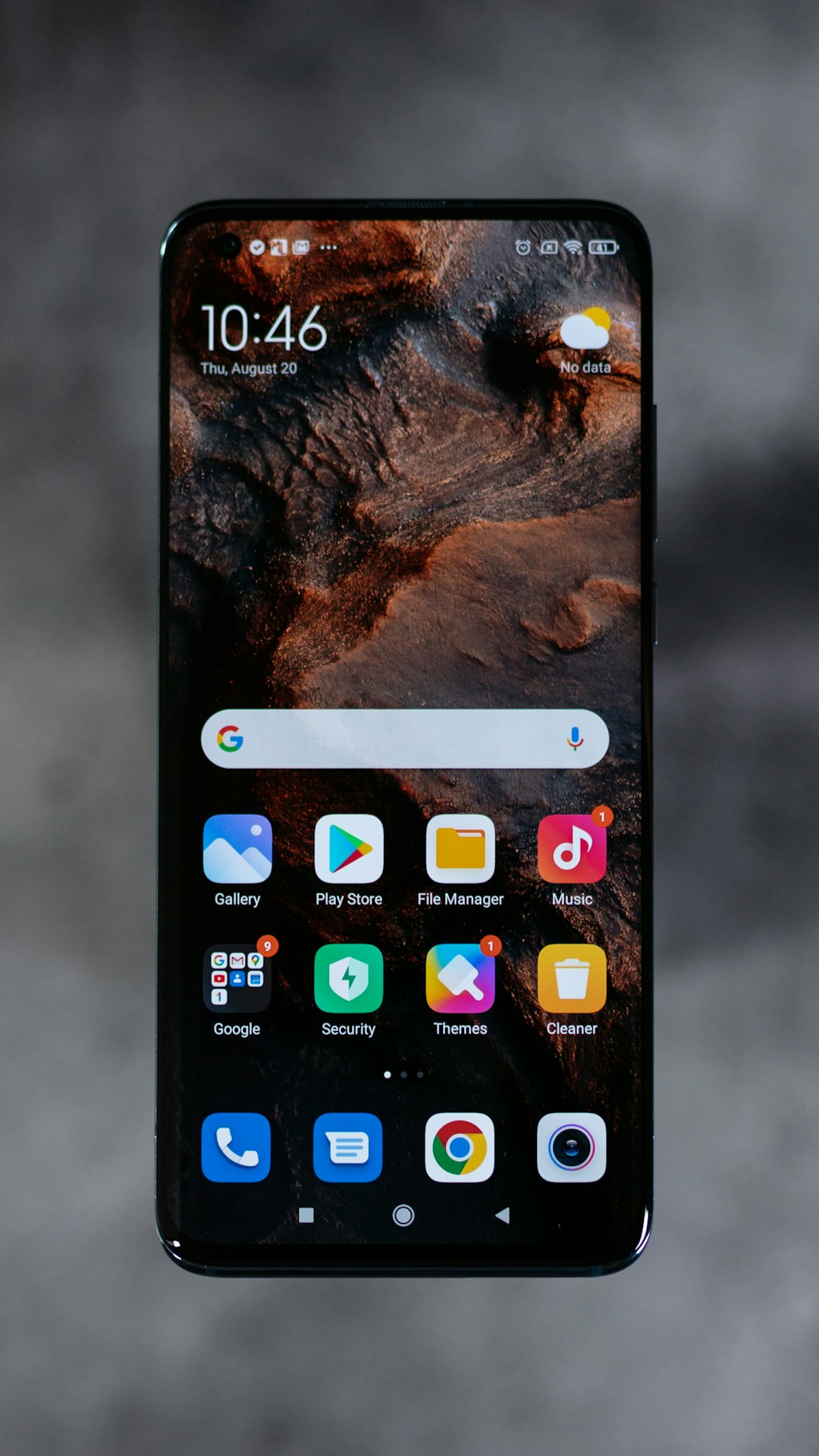Robocalls from law firms are a growing issue for Kentucky residents. To combat this, Kentuckians use apps that block or identify unwanted calls, leveraging state's Do Not Call laws and federal TSR. A new app offers advanced ML protection against spam, updates databases with robocallers, and allows reporting. This system learns from user feedback, adapts to new trends, and provides peace of mind, complying with Kentucky privacy laws for Do Not Call law firm regulations.
In Kentucky, robocalls have become a persistent nuisance, impacting residents’ daily lives. This article explores an innovative solution: a dedicated robocall defense system app designed to safeguard Kentuckians from unwanted calls. We delve into the state’s legal framework, particularly its Do Not Call laws, and how the app uses cutting-edge machine learning for smart filtering. Discover how this user-friendly tool empowers individuals to take control of their privacy while connecting them with reputable communication services, ensuring compliance with Kentucky’s Do Not Call law firms.
Understanding Robocalls and Their Impact in Kentucky

Robocalls have become a pervasive issue for residents across Kentucky, with many receiving unsolicited calls from law firms and other entities. These automated phone systems, often used for marketing or telemarketing purposes, can be particularly intrusive and frustrating for Kentucky folks. The constant stream of unknown numbers on their caller IDs not only disrupts daily routines but also raises concerns about privacy and data security.
In response to this growing problem, many Kentucky residents are turning to innovative solutions like specialized robocall defense systems. Apps designed to block or identify these calls have gained popularity, offering a sense of control and peace of mind. By leveraging advanced technology, these tools allow users to manage their calls effectively, ensuring they stay connected with legitimate contacts while silencing unwanted robocalls from law firms and other nuisances.
Legal Framework: Do Not Call Laws in Kentucky

In Kentucky, the legal framework for addressing unwanted robocalls is primarily guided by the state’s Do Not Call laws, which are designed to protect residents from unsolicited telephone marketing calls. These laws allow individuals to register their phone numbers on the Kentucky Do Not Call list, effectively blocking most automated or prerecorded calls. This measure provides Kentucky folks with a powerful tool against persistent and intrusive robocalls.
Additionally, the Telemarketing Sales Rule (TSR), enforced by the Federal Trade Commission (FTC), further restricts telemarketers’ practices, including those using automatic dialing systems. While these federal regulations offer a robust foundation for consumer protection, it’s crucial for Kentucky residents to be aware of their rights and take advantage of state-specific Do Not Call lists to mitigate robocall nuisance effectively.
App Design: Protecting Residents from Unwanted Calls

In the fight against robocalls, a new app designed specifically for Kentucky residents offers a powerful tool to protect them from unwanted calls, especially those from law firm telemarketers. The innovative app leverages advanced algorithms and machine learning to identify and block spam calls, ensuring users’ peace of mind. By continuously updating its database with known robocall numbers, the app stays ahead of persistent spammers who often target residents with aggressive marketing tactics, including Do Not Call list violations.
The user-friendly interface allows Kentucky citizens to easily report suspicious or harassing calls, contributing to a collaborative effort to curb unwanted communication. This proactive approach not only safeguards users from potential scams but also helps enforce the state’s Do Not Call laws, providing an additional layer of protection for residents who wish to avoid intrusive telemarketing practices.
Integrating Machine Learning for Smart Filtering

In today’s digital era, robocalls have become a ubiquitous yet nuisance for folks in Kentucky and across the nation. To combat this growing problem, developers are turning to Machine Learning (ML) to empower consumers with smart filtering tools within their phone apps. By integrating ML algorithms, the proposed Robocall Defense System app can analyze call patterns, recognize common robocaller behaviors, and dynamically adjust filter settings in real-time.
This advanced approach goes beyond simple blacklist management by learning from user feedback and evolving call trends. For instance, the system can effectively identify and block not only known spam calls but also emerging tactics employed by unscrupulous callers targeting Kentucky residents, including Do Not Call law firm violations. By leveraging ML, the app ensures a proactive defense mechanism against these intrusive calls, enhancing users’ peace of mind and control over their communication channels.
User Experience: Ease of Use and Privacy Controls

The user experience of this robocall defense system app is designed with simplicity and intuitiveness in mind, ensuring that even users unfamiliar with technology can easily navigate its features. The interface is clean and straightforward, allowing individuals to quickly block unwanted calls from law firms or any other sources they choose to target. With just a few simple steps, users can set up their preferences and start enjoying peace of mind.
Privacy controls are another standout feature of the app. Users have complete control over what numbers are blocked and how the system functions. They can adjust settings to exclude local businesses or specific area codes, ensuring they only receive relevant calls. Additionally, the app offers transparency regarding data collection, giving users confidence that their personal information is protected under Kentucky’s strict privacy laws, especially when it comes to preventing calls from law firms that might violate Do Not Call regulations.






